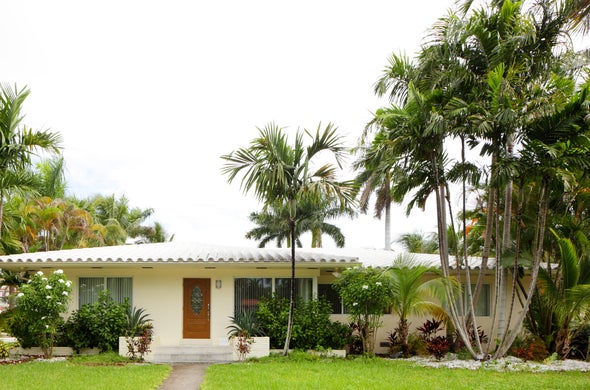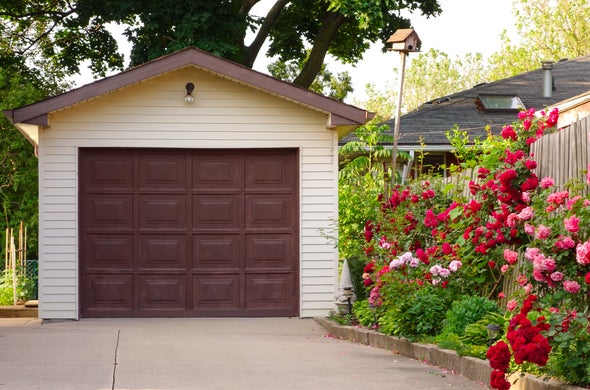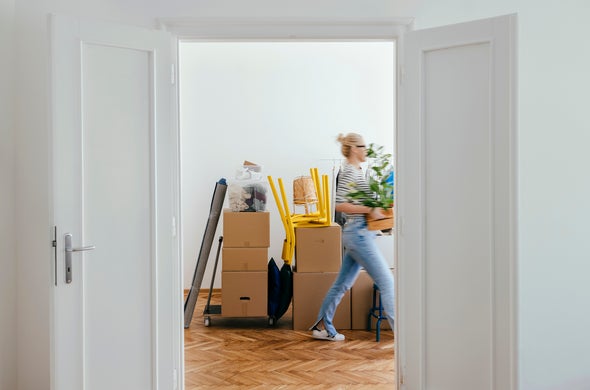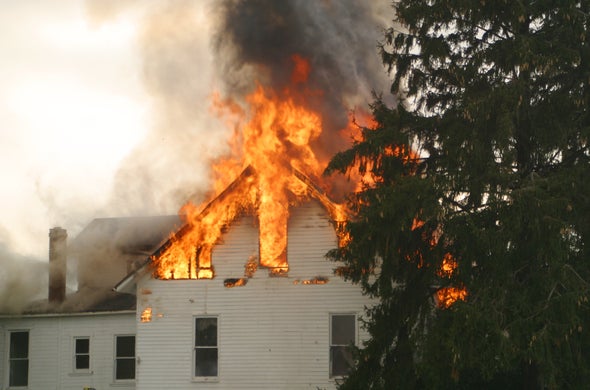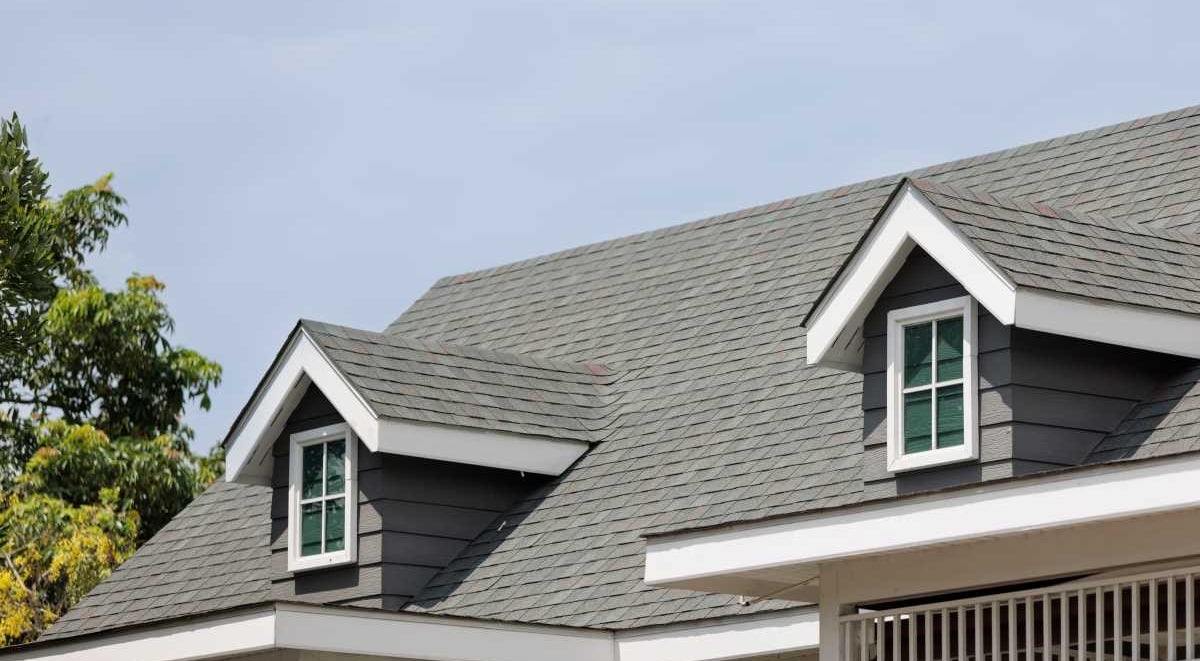When we say "home insurance" or "homeowners insurance," we're referring to House & Property insurance.
Outside of Florida & Louisiana, Kin offers House & Property insurance, which has a base policy that provides coverage similar to landlord insurance. Homeowners who live in their home can add an owner-occupied endorsement to create coverage similar to an HO3 policy.

